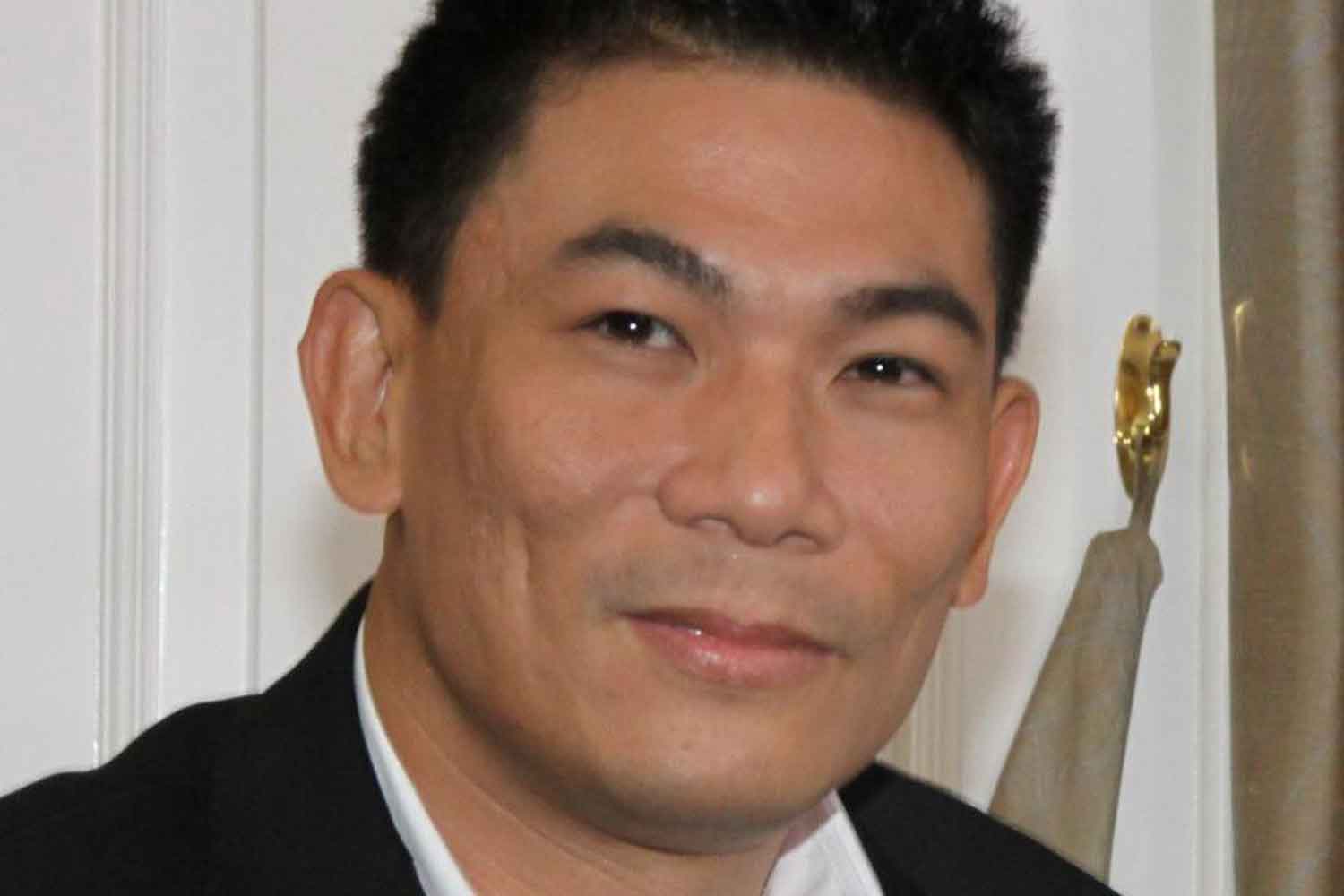
The National Anti-Corruption Commission (NACC) on Tuesday confirmed media reports about it finding grounds to believe Chonsawat Asavahame and at least five other people were involved in the embezzlement of more than 100 million baht in temple funds spent on more than 20 temple projects in Samut Prakan between 2011 and 2013.
NACC Secretary-General Niwatchai Kasemmongkol said the case file will now be forwarded to the Office of the Attorney-General (OAG) along with a request to have all of those suspects arraigned, he said.
Mr Chonsawat, chief of the provincial administrative organisation of Samut Prakan at that time, will likely face disciplinary action and criminal charges for his alleged involvement in the temple fund embezzlement scam, said Mr Niwatchai.
Mr Chonsawat's alleged misconduct would violate Section 151 of the Criminal Code, as he would have abused his authority in the procurement and hiring projects that resulted in damage to the state. This could lead to a jail term of five to 20 years, or even life imprisonment, while any fine would range from 100,000 to 400,000 baht, said Mr Niwatchai.
The NACC probe also found that Mr Chonsawat was likely guilty of dereliction of duty, an offence under Section 157 of the Criminal Code, he said, adding, however, that despite the NACC's findings, the suspect remains innocent until proven guilty in a final court ruling.
The alleged temple fund embezzlement was discovered by the OAG, which later forwarded the results of its inspection of those temple projects and the spending of funds approved by the Samut Prakan PAO to the NACC, along with a petition for the latter to probe these irregularities, Mr Niwatchai said.
A single contractor had been awarded almost all of the 20 contracts while the abbots of several temples told auditors they were given little choice if they wanted their projects to be approved by the PAO, said Mr Niwatchai.
A 2011 crematory building project, for instance, saw a downpayment of 50% of the entire cost paid out before a contract was signed, he said.